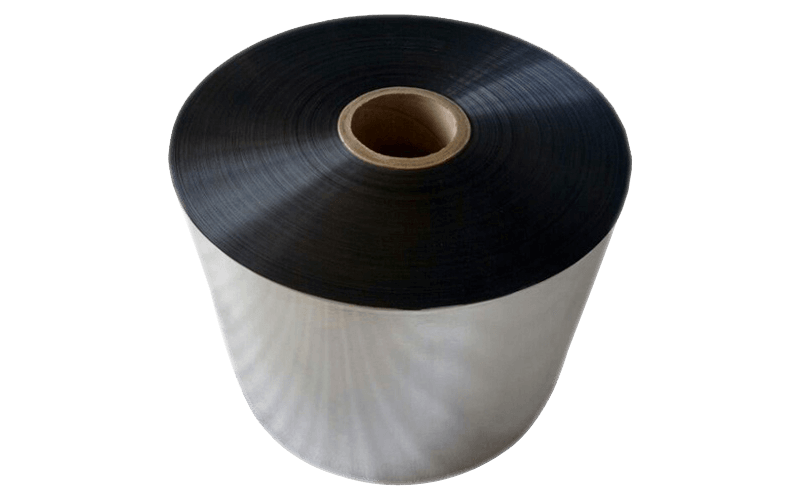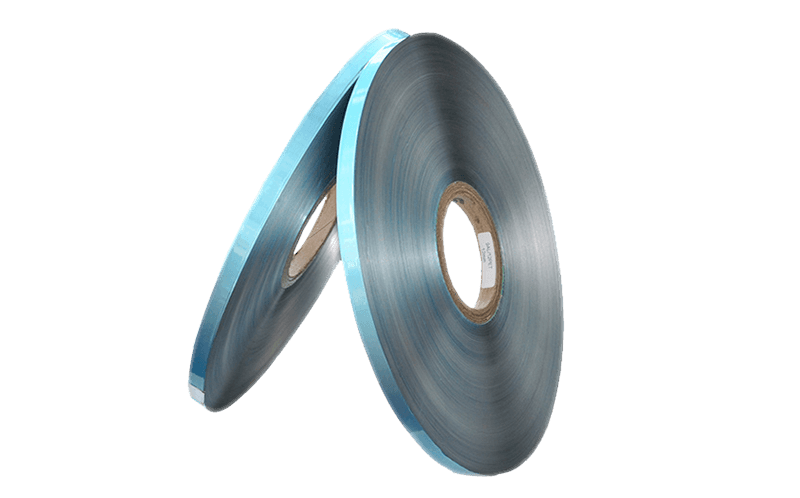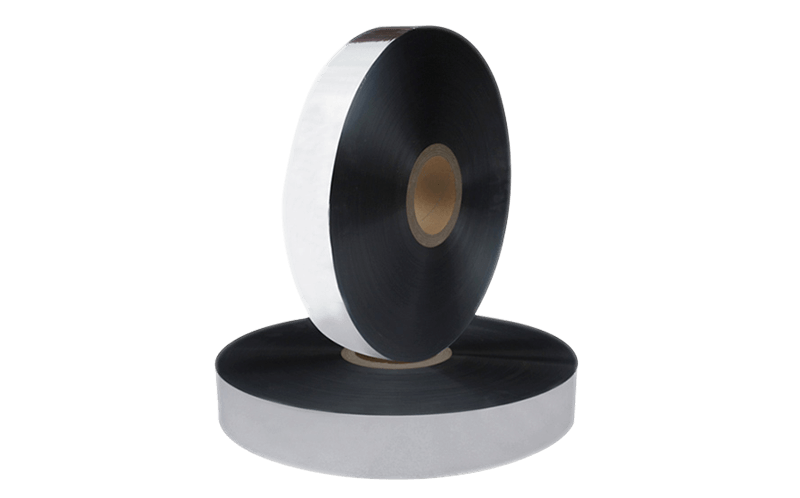Polyvinyl Chloride (PVC) is known for its diverse appli […]
Polyvinyl Chloride (PVC) is known for its diverse applications. With a temperature range between -55°C and 105°C, it is flame, moisture, and abrasion resistant. Its applications are compatible with gasoline, ozone, acids, and solvents, and it is safe for medical and food related purposes as it is odorless, tasteless, and non-toxic. Rubber refers to both natural rubber (NR) and synthetic SBR compounds. Though this material has poor oil and ozone resistance, it has good low-temperature flexibility, offers good water and alcohol resistance, electrical properties and excellent abrasion resistance.Semi-Rigid PVC (SR-PVC) is used as a primary insulation where very abrasive resistance is required.
As well as being flame retardant, semi-rigid PVC also resists heat, water, acid, and alkali.Plenum Polyvinyl Chloride (Plenum PVC) is another type of PVC wire insulation material. Applications are suited for interiors in spaces beneath raised floors of above dropped ceilings or raised floors, primarily areas with air circulation.Polyethylene (PE) is a dense, inflexible material that is used mostly for insulating coaxial and low capacitance cables.
Though flammable, it carries exemplary electric qualities, can reduce the dielectric constant, and is a very good option for cables requiring high-speed transmission. With cross-linking, polyethylene properties can produce high resistance to cracking, cut-through, soldering, and solvents. Its temperature range is -65°C to 80°C.Polypropylene (PP); with properties similar to polyethylene, with a temperature range of 30°C to 80°C, this wire material is used in interiors, primarily within thin walls.Polyurethane (PUR) has an exceptional temperature range (-62°C to 93°C), is tough and flexible with a very good flex life.
Resistant cable insulation material to chemicals, water, and abrasion, it works well in retractile cord applications, as well as in marine and low-temperature environments.Chlorinated Polyethylene (CPE); with very good heat, oil, and weather resistance, this insulation is commonly found in power and control cable applications, industrial power plant applications, and CPE cable insulation displays.Nylon is known for its flexibility and abrasion, cut-through, and chemical resistant properties. As an application, it is usually extruded over softer insulation compounds.



